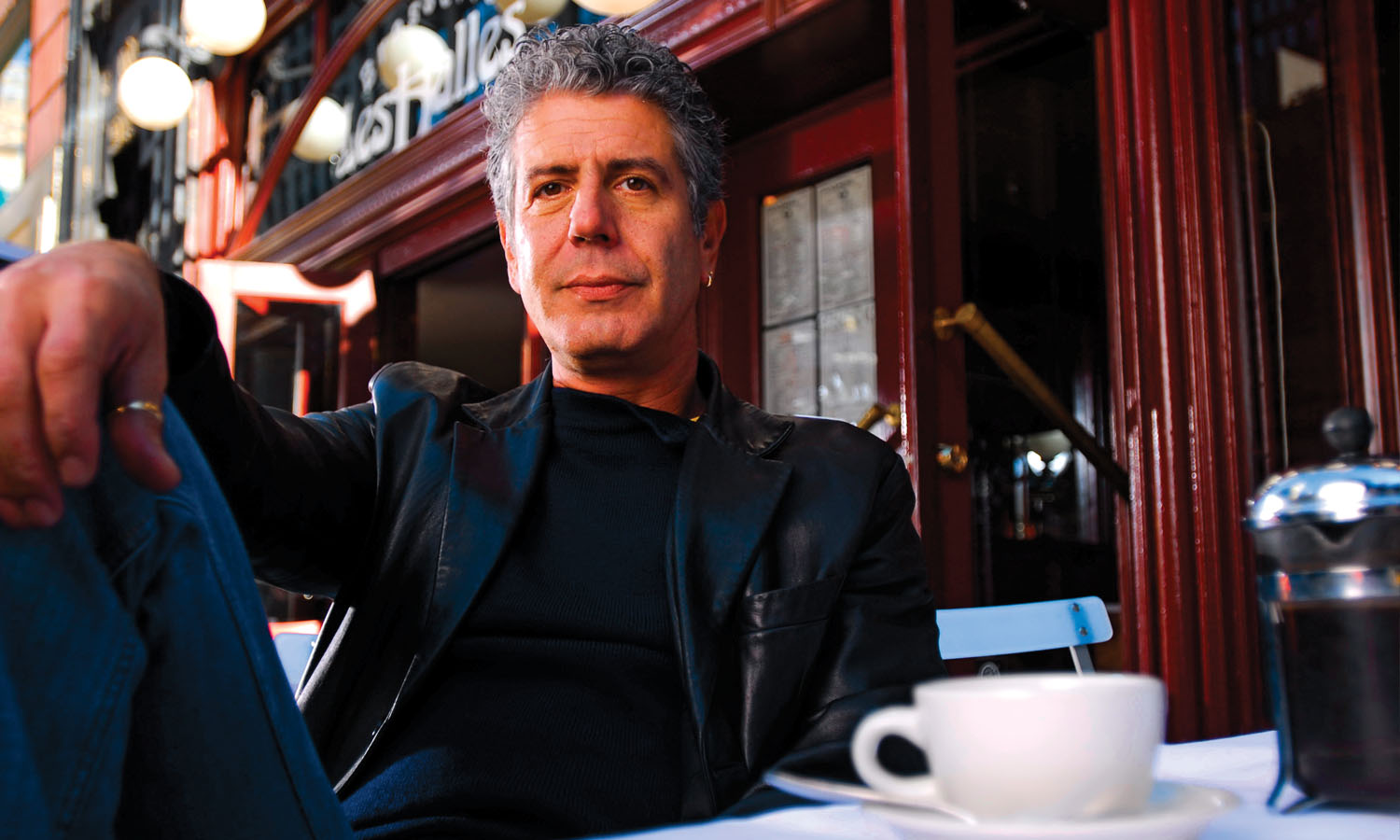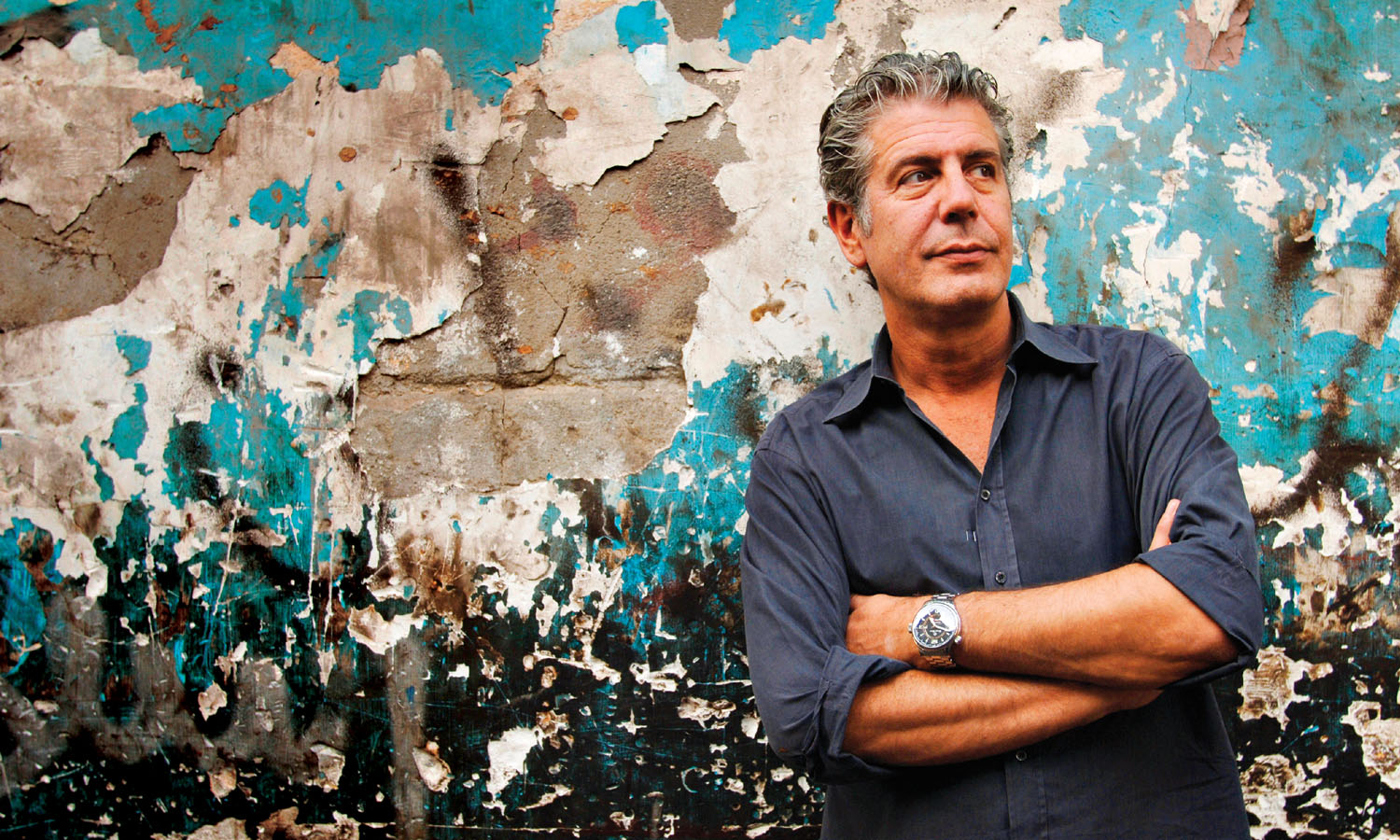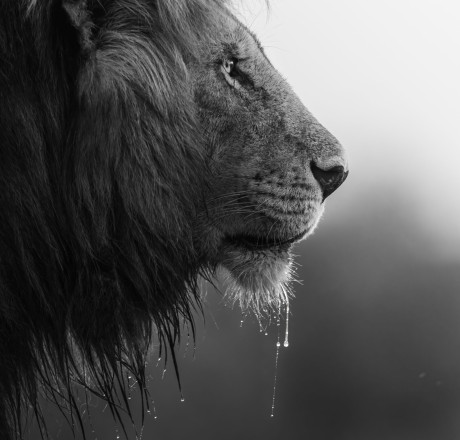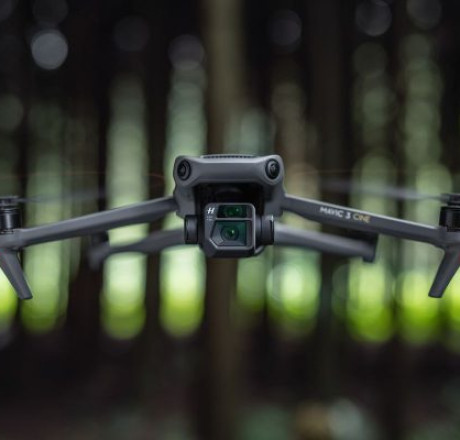World
World
Raw Talk With Anthony Bourdain
He’s been run out of Romania, and he’s escaped from the sudden hell of late-2006 Beirut, only to get nominated for an Emmy award for the resultant episode of No Reservations, his genre-redefining travel series that’s just hit its hundredth episode and won an Emmy in 2009. He travels ten months a year and keeps notes all the while, scribbling his thoughts at the end of each day. Between shooting in Spain and holidaying with his wife and daughter in northern Italy, he took time out to chat one evening, from his Manhattan apartment.He’s been run out of Romania, and he’s escaped from the sudden hell of late-2006 Beirut, only to get nominated for an Emmy award for the resultant episode of No Reservations, his genre-redefining travel series that’s just hit its hundredth episode and won an Emmy in 2009. He travels ten months a year and keeps notes all the while, scribbling his thoughts at the end of each day. Between shooting in Spain and holidaying with his wife and daughter in northern Italy, he took time out to chat one evening, from his Manhattan apartment.
Q: You were pretty sick in Liberia recently – what managed to affect your iron-clad stomach?
A: Honestly, I don’t really know...my suspect is a large snail, but then I’d just been out in the bush and the hygiene was not so great. I was eating bushmeat – it really could have been anything. You spin the wheel enough times and eventually you lose. And I was really, really ill.
Q: From reading your blog, it seems it was a moving trip for you. How would you describe it?
A: It was hard for me. I was very aware
of the fact that there have been a lot of westerners there, working for 15, 25 years, for whom my complaining would sound pretty ridiculous. I just found it a very confusing place. I don’t know – it was impossible for me to come to any comfortable conclusions, I guess. I’m always trying to come to terms with a place. And this time, now, I really came away just thrown and confused by the place. And not, not...and very shaken, as far as trying to figure out...there were no moral absolutes, there was no comfortable sort of angle or hook, just a lot of things that made me feel inspired, and a lot of things that really, sort of broke my heart. And I didn’t know how to feel about any of them. I felt inadequate to the task of making television in Liberia.
Q: How do you feel about Beirut?
A: Fantastic. The first time I went, I arrived at the airport, and I felt very comfortable there, right away. I don’t know what it is. It’s just a place I really care about. And for all the problems there – and there are many – and for all of the complications; it’s also for me a very hopeful one, and a very beautiful one, and one that makes me feel good about the world.
Q: What does Lebanese cuisine say about Lebanon?
A: Well, it’s a very international cuisine. They eat everything. Everyone’s been through, and left their mark. And they take a lot of pleasure in their food. I mean there’s Armenian, Iraqi, Palestinian, Yemeni, from the Gulf state, Indian influences, Ottoman, French – so it’s always been a very international city and it had stayed true to its Arab roots, but at the same time, picked up a lot of influences along the way.
Q: What’s your favourite Lebanese dish?
A: Oh, I’ll tell you, I had a kibbe there recently. It was absolutely out of sight. Absolutely incredible; delicate; the bulghur wheat, and just you know, a little bit of seasoning, it was just, so great.
Q: Do you have any foodie tips for travellers to Beirut?
A: Certainly, the green market is very good; it’s a good place to start, it’s called Souk el Tayeb [www.soukeltayeb.com]. It’s a relatively new thing, a green market serving seasonal produce and products from all over Lebanon. Artisanal produces have been specifically chosen and recruited because they come from different areas and different backgrounds and there’s a restaurant associated with the green market that’s really quite interesting, serving very, very high-quality stuff. Serving different regional cooks, from a different area, each day. And that’s quite wonderful. And then, of course, there’s a very famous restaurant, a casual eatery called Le Chef [Gouraud Street, Gemayze, Beirut, +961 1 446769] that everyone in town knows.
Q: You had a rough time filming in Romania and your honesty offended a lot of people. What happened?
A: I’m public enemy number one there, after my show. It really was front-page news in Romania for a while. I received quite a lot of threatening emails after that show. A lot of the Romanian press were accusing me of being either KGB or Mossad on a mission to bring dishonour to Romania; to foment war with their historic enemies, the Magyars. We had Romanian security and tourism forces all over us [while filming] – making sure we didn’t shoot any dogs, or Gypsies.
Q: Or Gypsies?
A: Oh, no, they didn’t want us shooting any Roma people at all. They were adamant about that. They didn’t want them seen.
Q: New York’s your stomping ground – what are your top tips for travellers?
A: Before you come to New York, ask yourself, what do we do better here than anyone else in the world? And the answer is quite simple – deli. So the first thing you’d want to do, is go to Katz’s deli [www.katzdeli.com] for a pastrami sandwich. And then go to Russ and Daughters [www.russanddaughters.com] just down the street and order a bagel with smoked Nova Scotia salmon and some cream cheese. Beautiful thing.
Q: When are you coming back to Australia?
A: Next year. There’s either a food and wine festival, or a Sydney book fair. I know I’ve cleared some time in June to come out. Hopefully I’ll have some time to do my business, and also see some friends.
Q: So do you travel to live, or live to travel?
A: It’s what I do. I know that if I go on too long without doing it, I start to feel unsatisfied. It’s just – life is short, keep moving.
Words get lost team
 (
(















